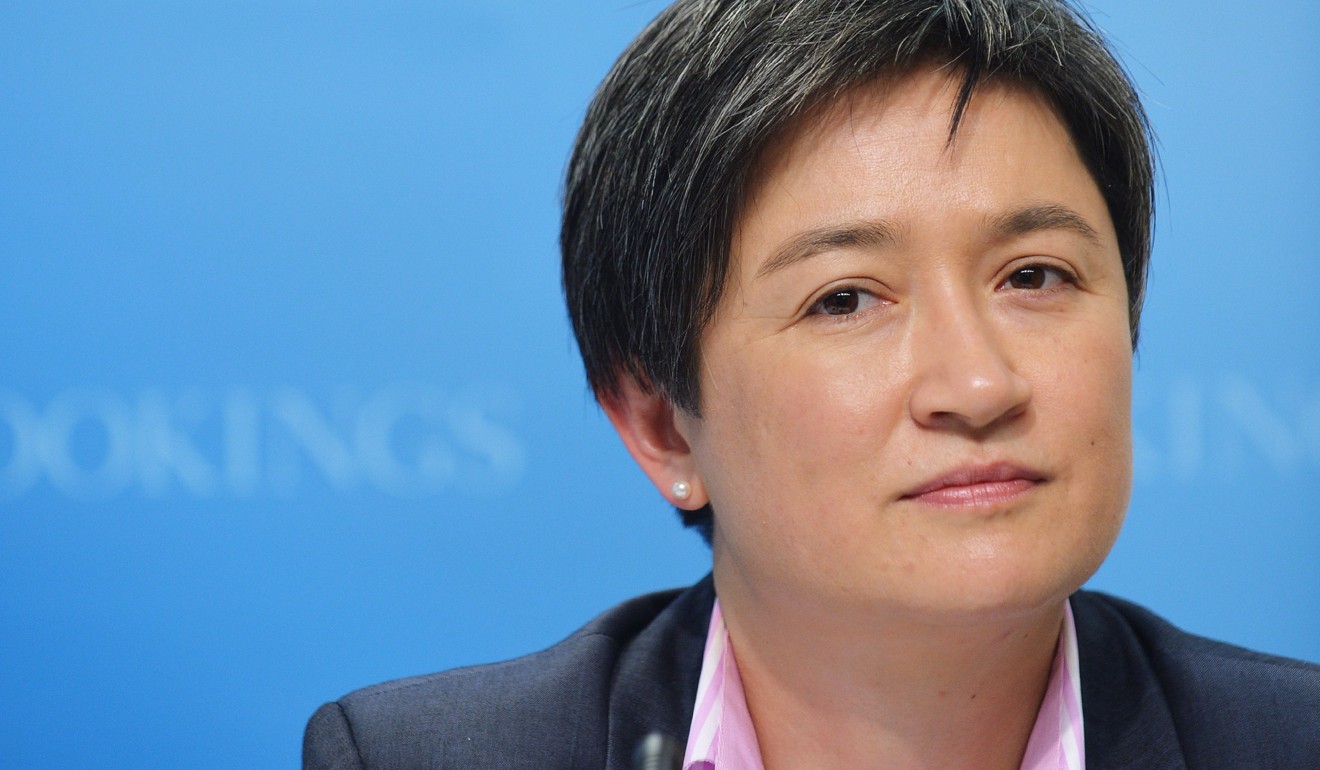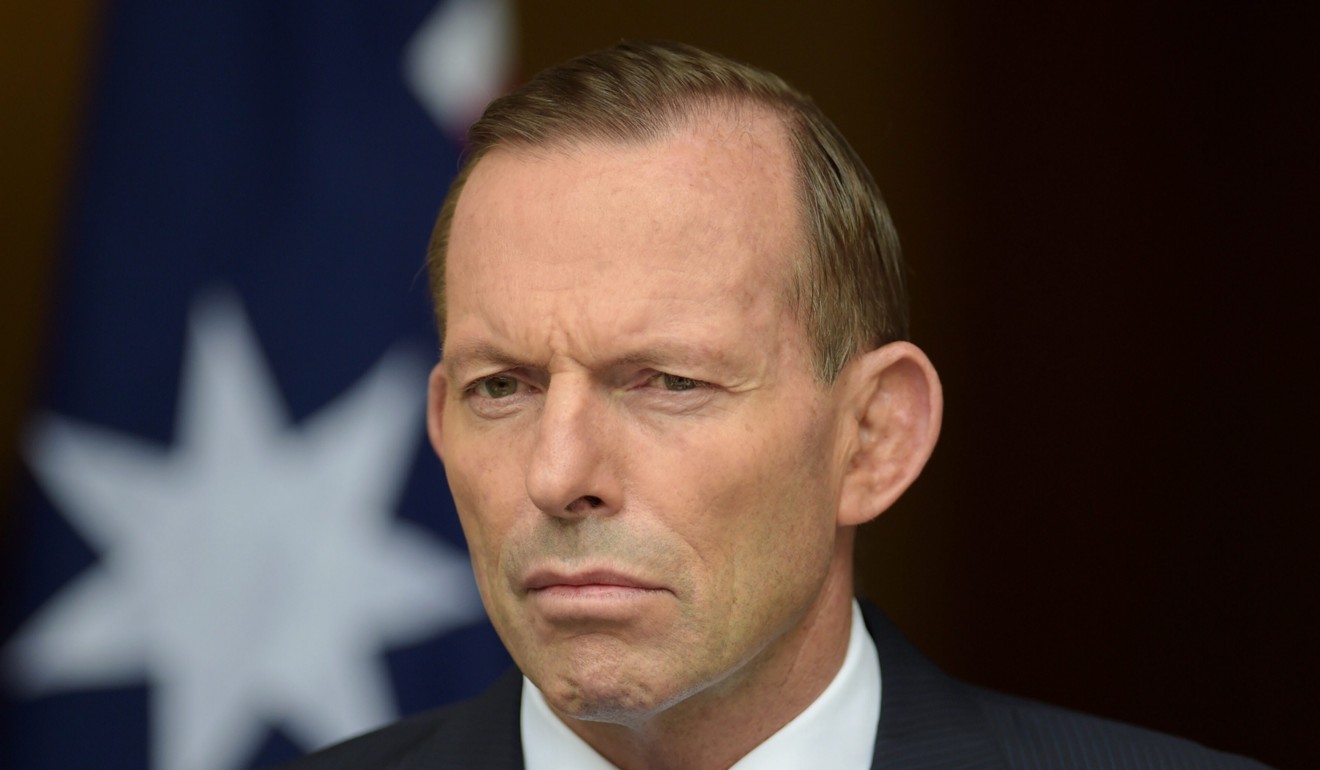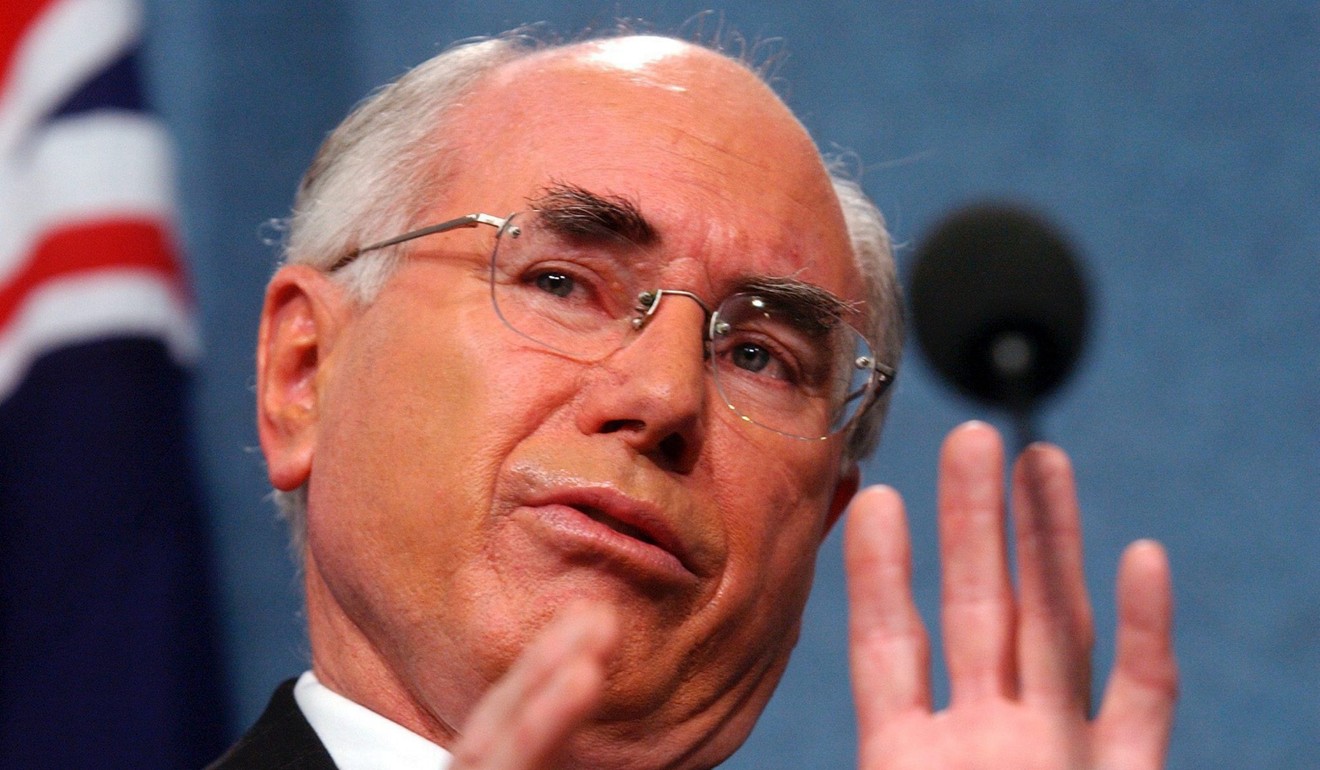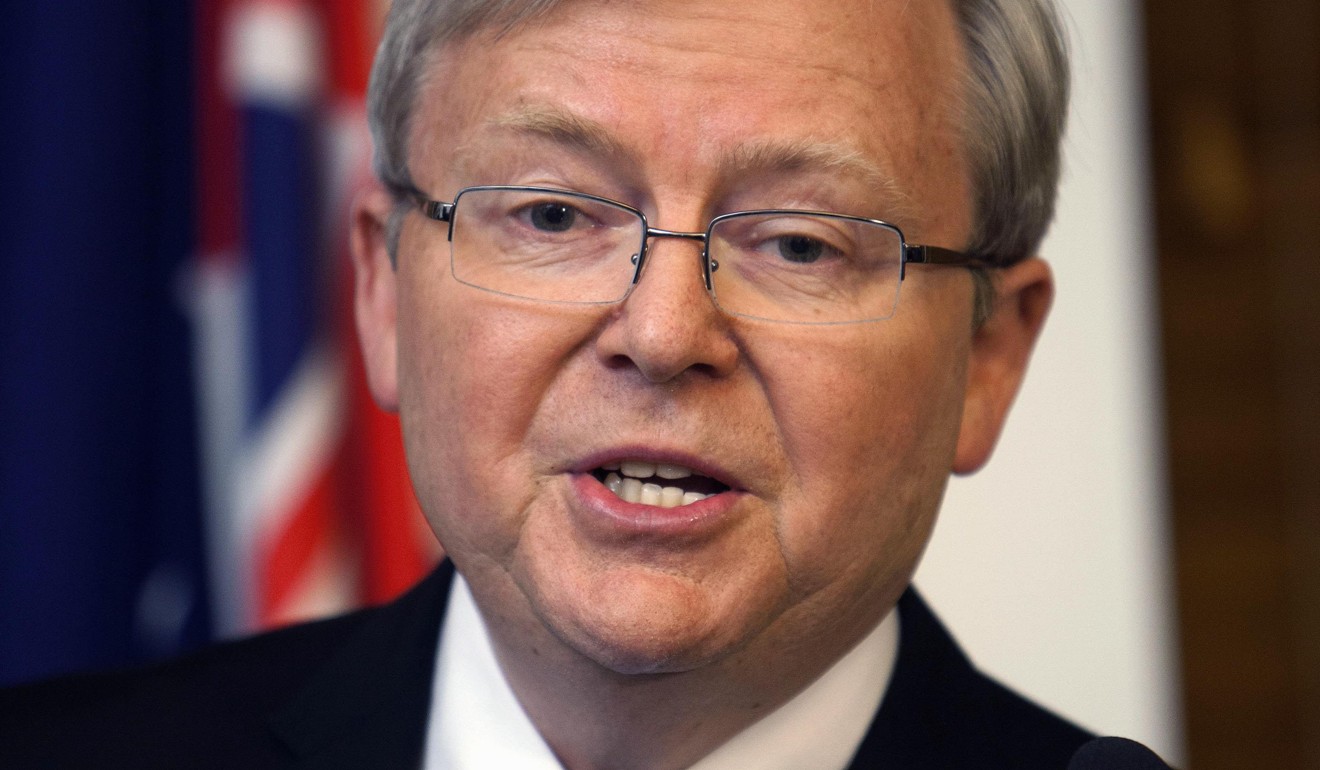
Australian broadcaster reveals hundreds of top-secret files found in old cabinets
The locked cabinets were sold at an ex-government sale in Canberra and span nearly a decade, sparking an urgent investigation into the leak
Hundreds of top-secret and highly classified cabinet documents have been obtained by the ABC following a breach of national security.
The documents, which the ABC has dubbed The Cabinet Files, were found in two locked filing cabinets sold at an ex-government sale in Canberra and span nearly a decade.
The Department of Prime Minister and Cabinet on Wednesday announced an urgent investigation into the leak. Almost all of the files are classified, some as “top secret” or “AUSTEO”, which means they are to be seen by Australian eyes only.
Terry Moran, who was PMC secretary from 2008 to 2011, told ABC’s 7.30 the discovery was a “great surprise” and whoever was responsible for disposing of the cabinets “must be found and sacked”.
The documents detail a number of security breaches including the results of an audit showing that the Australian federal police lost nearly 400 national security files between 2008 and 2013, while Labor was in government. The documents lost by the AFP were from cabinet’s national security committee, which controls Australia’s security, intelligence and defence agenda, deploys the military and approves kill, capture or destroy missions.
The files also reveal that nearly 200 top-secret code-word protected and sensitive documents were left in the office of minister Penny Wong when Labor lost the 2013 election. The 195 documents included plans to protect the United Arab Emirates from Iranian hostilities, national security briefs, Afghan war updates, intelligence on Australia’s neighbours, profiles of terrorism suspects and issues around Australian defence force operations in Afghanistan.

A spokesman for Wong told the Australian Financial Review on Wednesday the document safe had been deliberately left in the office because the aide with the key had left. It was handed to the finance department and the documents destroyed.
Wong was quoted as saying: “This is the first time I have ever been made aware of this matter, which relates to a change of government over four years ago.”
“As a former cabinet minister who participated in national security meetings, a senior member of shadow cabinet and a current member of the PJCIS I always take my responsibilities seriously.”
The ABC has published legal advice from the Australian government lawyer which shows it strongly counselled the former prime minister Tony Abbott not to break the long-standing convention of confidentiality and release cabinet documents from the Rudd government to the royal commission into home insulation.
Abbott ignored the advice of the AGS, and that of his own department.
Undated advice from the chief counsel at the AGS, Tom Howe, warned: “It would be highly undesirable [and legally confounding] if the commonwealth were to simply produce cabinet-related documents to the royal commission on the basis of a purported waiver of public interest immunity.

“We consider that producing cabinet-related documents to any court or tribunal … would not accord with legal practice and principle.”
The files released by the ABC also show that in 2007 the prime minister at the time, John Howard’s national security committee gave serious consideration to removing an individual’s unfettered right to remain silent when questioned by police. The decision followed the wrongful arrest of Indian doctor Mohammed Haneef on terrorism charges.

Draft legislation contained in The Cabinet Files also shows that the News Corp columnist Andrew Bolt, who breached section 18C of the Racial Discrimination Act, was consulted when the federal government moved to change the clause.
Bolt denies he was consulted on changes to the act. “I was not consulted but was once told what had been decided,” he told the ABC.
The ABC’s documents reveal that in late 2013 the then immigration minister, Scott Morrison, agreed his department should intervene in Asio security checks to try to prevent asylum seekers from being granted permanent protection visas.

The Cabinet Files also show that the prime minister at the time, Tony Abbott’s budget “razor gang” considered banning anyone under 30 from accessing income support before the 2014 budget. The options included cutting off under-30s from income support entirely, cutting off under-30s in areas with employment opportunities and limiting income support to young people with a work history.
A report in files also says Kevin Rudd, Julia Gillard and two senior Labor ministers were warned about “critical risks” of the home insulation scheme before the deaths of four young installers.
Rudd told a royal commission into the programme the roll-out would have been delayed had cabinet been warned of the safety risks.
But a report to cabinet from April 6, 2009 does warn of “critical risks” associated with the programme. It does not specify whether any of these were safety concerns.
In response to The Cabinet Files, Rudd told the ABC any assertion he was warned about safety risks was untrue.
“The royal commission into the home insulation programme had unprecedented access to cabinet material and made no adverse finding against Mr Rudd,” he said in a statement. “Any assertion Mr Rudd was warned about safety risks to installers, or failed to act on such warnings, is completely baseless and untrue, as determined by the commission.”
Moran said the cabinet system of government relied on ministers “being able to have very frank conversations” and public “insights into that free speech … would inhibit the sort of discussion that good decision-making … requires”.

